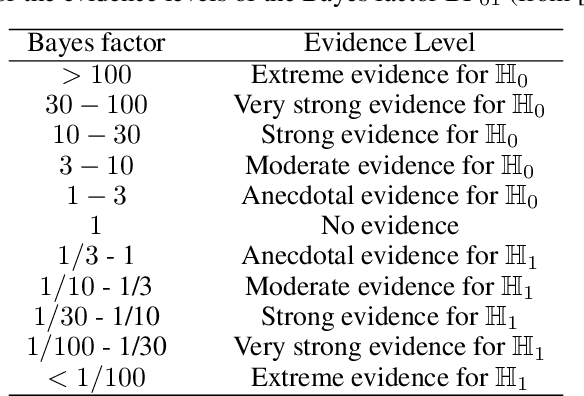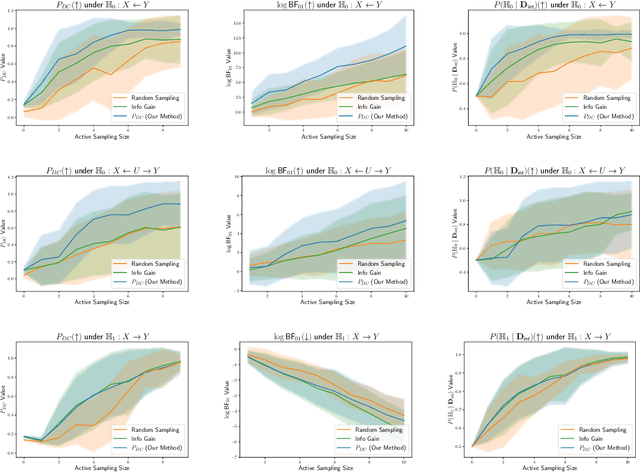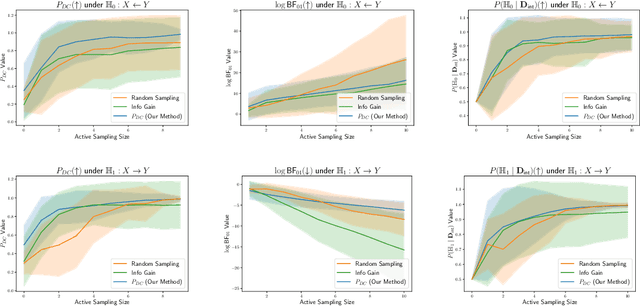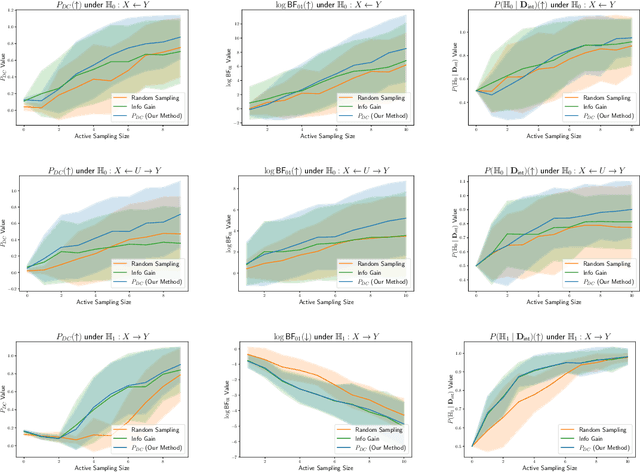Bayesian Intervention Optimization for Causal Discovery
Paper and Code
Jun 16, 2024



Causal discovery is crucial for understanding complex systems and informing decisions. While observational data can uncover causal relationships under certain assumptions, it often falls short, making active interventions necessary. Current methods, such as Bayesian and graph-theoretical approaches, do not prioritize decision-making and often rely on ideal conditions or information gain, which is not directly related to hypothesis testing. We propose a novel Bayesian optimization-based method inspired by Bayes factors that aims to maximize the probability of obtaining decisive and correct evidence. Our approach uses observational data to estimate causal models under different hypotheses, evaluates potential interventions pre-experimentally, and iteratively updates priors to refine interventions. We demonstrate the effectiveness of our method through various experiments. Our contributions provide a robust framework for efficient causal discovery through active interventions, enhancing the practical application of theoretical advancements.
 Add to Chrome
Add to Chrome Add to Firefox
Add to Firefox Add to Edge
Add to Edge